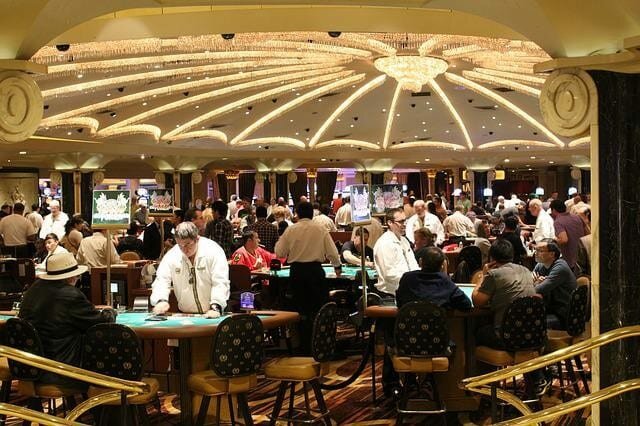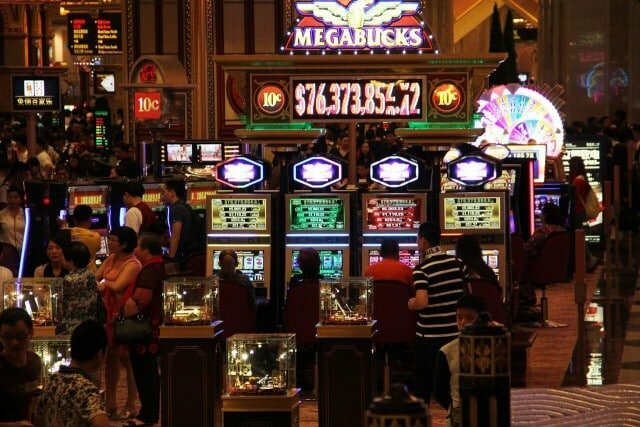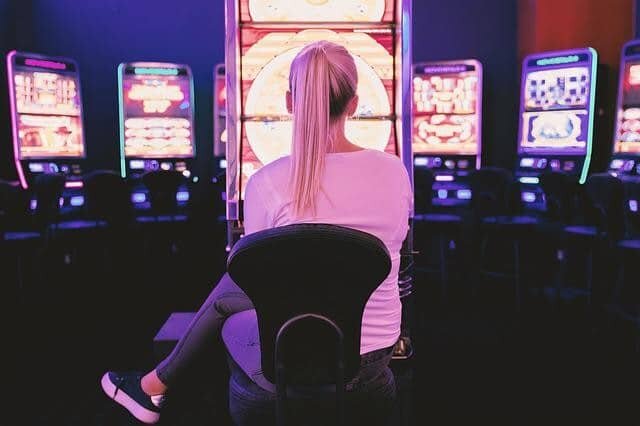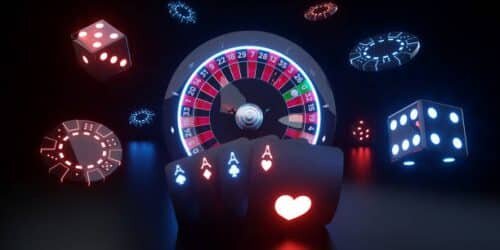This is How the Interior of Casinos Has Changed
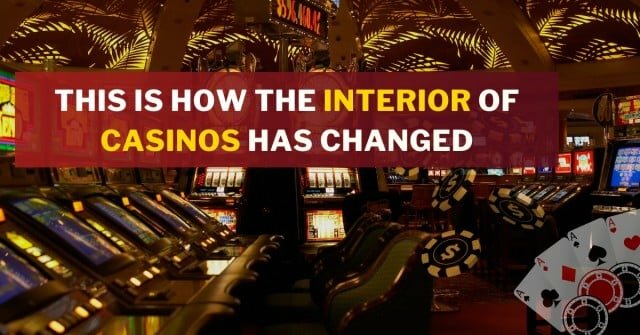
The way we play and behave at land-based casinos has drastically changed over the years. Wherever the casino is operated, they are always built around the goal of maximising both leisure and spending. Land-based casino venues are known to provide players with a complete experience and often turn to interior design to market themselves.
The interior design of a casino is also believed to influence customer behaviour. For starters, the appealing interior design gives them a great first impression, convincing first-time visitors to enter the venue and sit down or buy their chips. A well-thought design also increases visitors’ productivity and their willingness to keep on playing. Moreover, employees feel more comfortable at work, making everybody in the establishment feel comfortable.
Table of Contents
Players Who Feel Comfortable Spend More Money
In the rich history of casinos in New Zealand, casinos have evolved as long as the design evolved, but it is also true that designers intentionally built them in a certain way to augment spending. It has been claimed by industry experts and social scientists that casinos prey on the flaws of human nature to make sure they spend as much of their time at the venue as possible, as spending time suggests they’re likely to spend more money as it’s usually the casino that wins eventually. One of the experts to carefully analyze casino interior designs is Bill Friedman, president of the Friedman Management Group, who specialises in discussing casino marketing, design, and operations-related topics.
Casinos are therefore likely to create a well-balanced atmosphere that tries to get the most out of how visitors think about time, colours, space, and place. In post-90s casinos, single shades tend to be dominant as it’s seen as an effective way to get the most out of the design’s aesthetics and psychological aspects, therefore enhancing one’s experience. Players who feel comfortable at the casino will probably spend more money.
Graphics
Casinos also incorporate carefully picked graphics into their interior design, although they clearly depend on the manufacturers too. Relaxing imagery on the casino floor is yet another way to make players feel at ease and improve their overall experience. This blends with audio that improves the ambiance, basically stimulating visitors to play more. Though the music played in the establishment shouldn’t be too loud, it shouldn’t be too low either, whilst the genre of the music clearly affects the way people feel about their visit.
Low-tempo music stimulates players’ resilience whilst making their wagers. Uptempo music makes guests play more aggressively. Or to give you a rather extreme example: squeezing them all together into a small space with hard-rock music will probably cause a fight at some point, especially amongst guests that turned out unlucky during their visit.
Smells
Visitors prefer scents to odorless spaces. For new visitors, scents give them positive first impressions, activating familiar behavior and thus likely to extend someone’s visit. Scents also neutralise odors that are considered unpleasant like transpiration and cigarette smoke, which especially the latter is known to turn off a growing number of people and may even prevent them from wanting to visit a venue in the first place. Some smells may even energise players, making them extra alert. This explains why casinos don’t only scent the casino floors but also the toilets, car parks, and hallways. The idea behind it is to get players in a euphoric mood right from the start.
Keeping Visitors On Their Seats
Friedman also came up with what he called the iconic casino design. According to Friedman, if visitors have a sense of time, they realize that they’ve been at the venue too long and will probably want to leave. Friedman’s philosophy is based on engaging visitors and keeping them in their seats. This also explains why most casinos don’t have clocks.
According to Friedman, there has to be a certain factor that appeals to all sorts of preferences and optimizes what he refers to as the ideal visitor-to-player ratio. As a result, Friedman designed smaller rooms in addition to the regular gaming floors in order to analyze different moods and ambiances that coexist under one roof. He came up with low ceilings to avoid the tall, empty spaces above the players’ heads. The aisles were sorted by colour to allow visitors to enter directly into the casino’s key element machines.
Big, Bright, and Open Spaces
Another industry expert was Roger Thomas who was called “The Man Who Remade Las Vegas.” Thomas decided to ignore most traditional restrictions, focusing instead on the emotions guests feel when they visit and play at the casino. According to Thomas, it is less likely that people want to make high-stakes bets if they’re squeezed in a small room with little ventilation. As gambling requires sensory stimulation, it can scare away players.
When it comes to casino design, there are several ways to literally give the visitors some room to breathe. A comfortable AC temperature is one way to do this, creating enough space between the pokies and gaming tables is yet another way. With a more attractive environment, customers are encouraged to stay longer at the casino. Taking care of poorly ventilated, boxy rooms, Thomas incorporated big, bright and open areas that were easy to navigate, with people being more likely to stay around and making bets with higher stakes.
Socializing As A Strategy
There was a time that pokies were lined up in rows, but with Thomas taking care of the interior design, he started to place the pokie machines into smaller clusters — typically in a circle, enabling players to interact with each other. He also worked with high vaulted ceilings, old clocks, and decorated European-style furniture in his casinos. Thomas’ casino interiors are known to work with deep shades of black, crimson, and purple accents, creating a warm and inviting place. He also promoted the use of well-placed landmarks to help guests find their way to their favourite section of the casino. This approach turned out to be successful, making people content, willing to take more risks and even making them feel at home. And if there are one thing casinos should pursue it’s making players feel at home.
References
- https://en.everybodywiki.com/Roger_Thomas_(designer)#Interior_Design
- https://www.amazon.com/Bill-Friedman/e/B001KCCOZ6%3F

